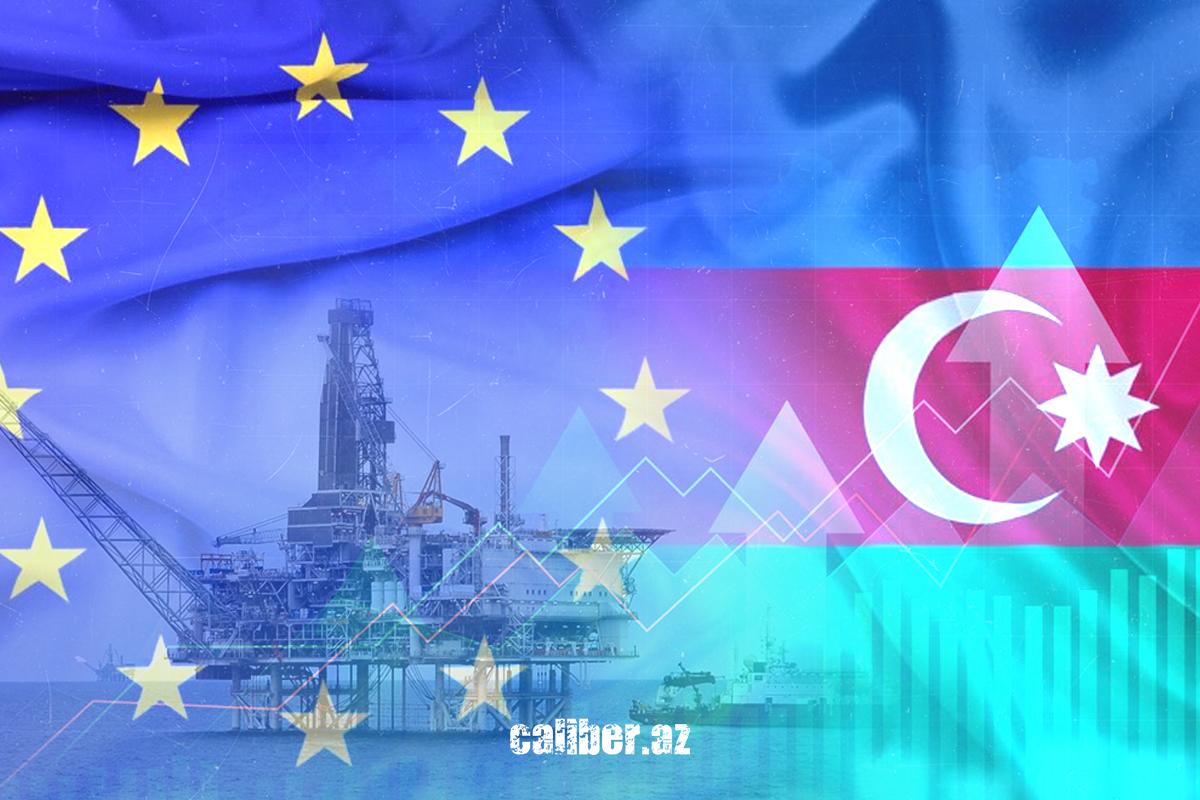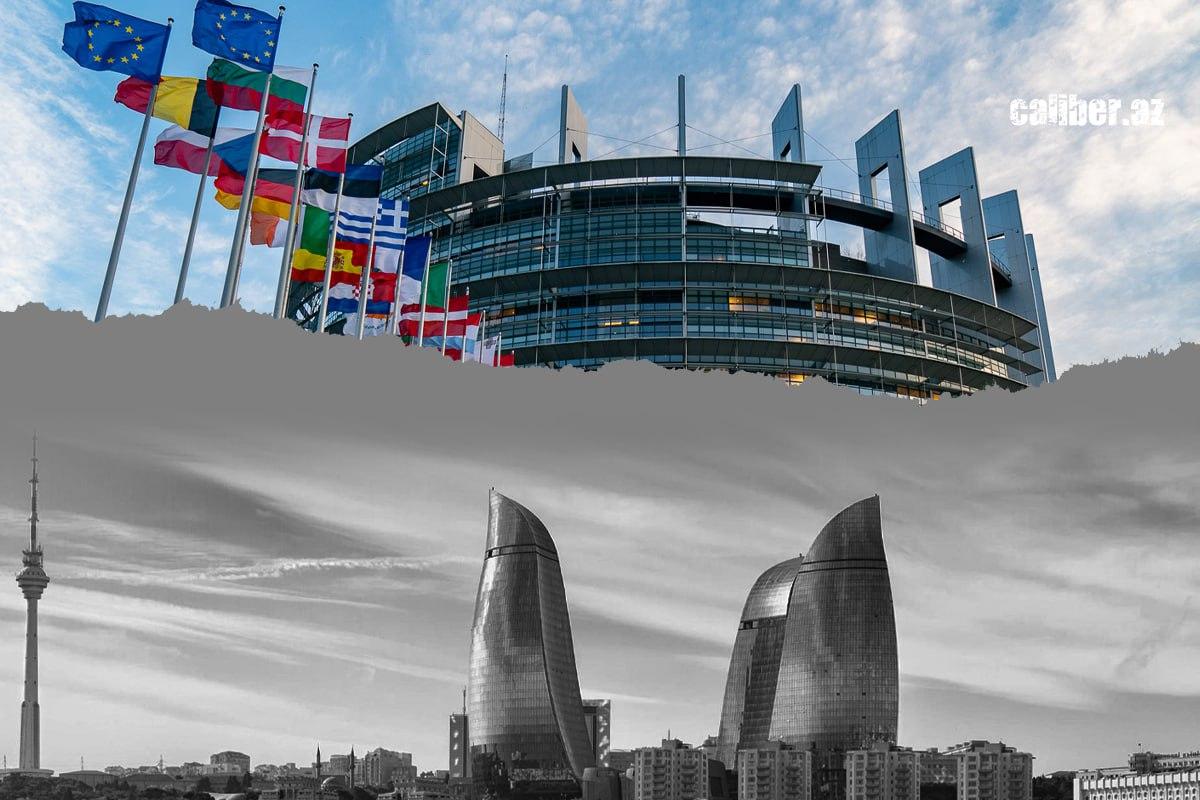European Parliament’s anti-Azerbaijani bias A longstanding pattern
The Armenian corner of social media is in a frenzy, celebrating as though a cascade of joy has been unleashed on our geographical neighbours. But this isn’t because Armenia has suddenly shifted from being a passive object in global politics to an active subject. No, the reason is far more mundane: on December 19, the European Parliament adopted yet another anti-Azerbaijani resolution.
The applause echoing through the Armenian social sphere is deafening, leaving little room for introspection. Few, if any, voices are questioning whether this resolution actually benefits the Armenian community. And if it does, then how and to what end?
What exactly does this latest resolution entail? What purpose does it serve, and who benefits from it? In truth, there is little novelty in the European Parliament’s familiar pattern of events. Once again, it calls for sanctions against officials within Azerbaijan’s leadership. However, a new element can perhaps be seen in the Parliament’s increasingly strident tone, particularly in its call to suspend the 2022 Memorandum of Understanding on Strategic Partnership in the Energy Sector between the EU and Azerbaijan.
This is the same memorandum that, in March of this year, the then-European Commissioner for Energy, Kadri Simson, praised as not only ensuring alternative gas supplies to Europe but also laying the groundwork for long-term cooperation in energy efficiency and clean energy. Simson highlighted its role in reducing Europe’s dependence on Russian gas, calling Azerbaijan a key energy partner for the EU.
One might wonder whether the change in the EU’s energy commissioner has led Brussels to diminish Baku's importance. The reality, however, suggests otherwise. With a harsh winter looming over Europe, words of gratitude towards Azerbaijan are bound to echo once again.

The European Parliament’s anti-Azerbaijani stance remains as entrenched as ever, despite earlier predictions from analysts who expected the new composition of the Parliament to take a more pragmatic and balanced approach. However, the actions of the newly elected MEPs clearly indicate otherwise. Their adherence to the same well-worn paths demonstrates that the majority of them lack genuine independence in decision-making, instead dutifully carrying out the directives of their unseen but distinctly perceptible handlers.
These very handlers were instrumental in ensuring the inclusion of a controversial provision in the resolution—a call for the immediate release of Armenian military criminals, misleadingly referred to as "prisoners of war." This blatant lobbying effort underscores the extent to which external interests shape the European Parliament’s agenda, to the detriment of objectivity and fairness.
In this context, there is little point in further commentary, save perhaps to remind certain members of Armenian society of the famous line from a Soviet-era film: "A thief must be in prison." Only here, "thief" can be replaced with "war criminal."
It is curious, however, that members of the European Parliament have not turned their attention to the scandal surrounding former European Commissioner for Justice Didier Reynders, who has faced allegations of money laundering. Instead, their energies are focused on exerting pressure on Azerbaijan—a country that, as President Ilham Aliyev has stated, is widely recognised both in the East and the West as an entirely independent player conducting a sovereign foreign policy.
But such matters seem far from the priorities of MEPs like Bert-Jan Ruissen or Marina Mesure, who appear more intent on executing an anti-Azerbaijani agenda. As Azerbaijani parliament has pointedly remarked, "Without a doubt, the resolution in question is part of a long-running campaign of slander and falsehoods directed against Azerbaijan."
Many analysts are convinced that the current European Parliament has inherited the baton from its predecessors, who repeatedly sought, by any means necessary, to ignite destabilisation in Azerbaijan. This pattern recalls the events of 1987, when the international conference “The Armenian Question and Turkish Expansionism” was held in Athens, Greece. Later that same year, the European Parliament adopted a resolution titled “On a political solution to the Armenian question.”
The resolution even recommended that the head of the organisation forward the document to the Council of Ministers of the USSR. What followed was a cascade of events: external forces effectively gave the green light for war criminals to launch an anti-Azerbaijani separatist campaign, coupled with the cultivation of aggressive ambitions towards Azerbaijan. This marked the beginning of a long-standing trend of interference and provocation, which continues to influence European policymaking today.

Today, anti-Azerbaijani insinuations continue to unfold on several fronts simultaneously. Alongside the European Parliament’s adoption of a resolution targeting Azerbaijan, the Armenian public has been presented with a statement from an organisation called the Development Agency “We Are Our Mountains.”
According to the statement, the accusations against Vardanyan are described as “a clear political farce, aimed not only at destroying Vardanyan’s reputation, but also at diverting international attention from Azerbaijan’s crimes against the people of Artsakh.” This coordinated rhetoric exemplifies the multi-layered approach used to perpetuate misinformation and deflect accountability.
Once again, one can only marvel at the Armenian narrative's attempts to obscure the truth. To speak of Ruben Vardanyan's reputation with any seriousness seems implausible, given the findings reported as early as 2019 by Deutsche Welle. Citing an investigation by the Organized Crime and Corruption Reporting Project (OCCRP), it was revealed that the bank Troika Dialog, established with Vardanyan’s direct involvement, operated “at the centre of a fraudulent scheme.”
This scheme facilitated wealthy Russians, oligarchs, and high-ranking regional officials in transferring funds abroad and investing them in luxury assets such as villas in Spain, extravagant yachts, and other high-end goods. Furthermore, it was alleged that “he aided organised crime groups in Russia in laundering their money.”
As detailed in the investigation, this was not about isolated bribes to government officials but “massive embezzlement from the state budget.” These funds were funnelled into the system created by Troika Dialog, ultimately benefitting its clients. With such revelations, the notion of preserving Vardanyan’s reputation becomes a farcical endeavour.
This is just one example. The tales of Ruben Vardanyan’s “outstanding” philanthropic endeavours are best left in the realm of fiction, with attention instead directed toward entirely different aspects. Which ones? That is for Armenians to ponder on their own—no hints needed. After all, it is their future at stake.
On our part, we would encourage our neighbours to seriously consider the importance of amending Armenia's Constitution.








